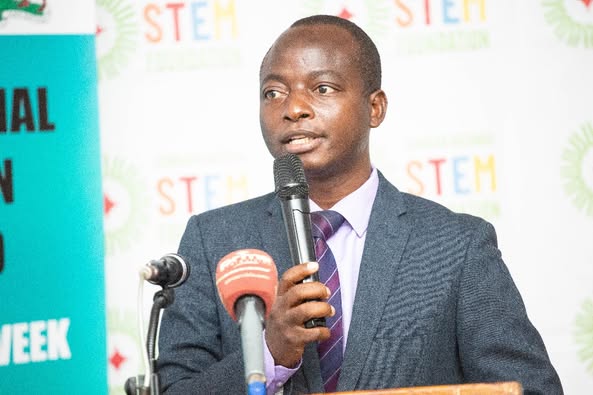Zambia Hosts Women in STEM & AI Conference to Bridge Gender Gap
Zambia has reaffirmed its commitment to gender equity and digital innovation by hosting the Third Annual International Women in STEM and Artificial Intelligence (AI) Conference at the Pamodzi Hotel in Lusaka. Under the theme “Empowering Women in STEM and AI: Bridging the Gender Gap and Leading the Future”, the event served as a powerful call to action for national transformation through inclusive technology.
Organized in collaboration with the Zambia National Commission for UNESCO, Zambia Academy of Sciences, Zambia National STEM Foundation, and the Ministry of Technology and Science, the conference highlighted Zambia’s strides in STEM development while addressing critical gaps in women’s representation.
A significant milestone was the signing of a Memorandum of Understanding between the Zambia Academy of Sciences and the Zambia National STEM Foundation to strengthen cooperation in science education and innovation.
Technology and Science Minister Hon. Felix C. Mutati, represented by Permanent Secretary Eng. Dr. Brilliant Habeenzu, officiated the event. In his keynote address, Dr. Habeenzu emphasized the urgency of gender inclusivity in STEM. “Our future lies in the hands of women and girls,” he said. “STEM is not just a career path, it’s a tool for economic empowerment, national transformation, and global leadership.”
The conference comes at a pivotal time as Zambia expands its digital ecosystem. The country has made significant investments in ICT infrastructure, rolled out digital government services, and adopted the Artificial Intelligence Strategy (2024) to drive ethical AI, research, and innovation.
Additionally, the Timbuktoo Initiative and launch of UNIPOD at Copperbelt University are creating new spaces for nurturing tech entrepreneurs and student-led innovation.
Despite progress, challenges persist. Women comprise less than 30% of researchers globally, and in Zambia, only 28% of STEM professionals are women. Many rural communities still lack access to laboratories, internet, and mentorship—barriers that disproportionately hinder girls from entering the STEM field.
To counter this, Zambia has enacted gender-responsive policies, including reserving 30% of all government-funded postgraduate STEM scholarships for women. Over the past five years, more than 520 women have benefitted from MSc and PhD opportunities in fields such as biotechnology, engineering, and ICT.
The government is also working toward signing the WISETO SADC Charter, which will unlock regional collaboration and opportunities for mentorship, innovation, and funding.
Dr. Habeenzu called on educators, parents, and private sector partners to support this national mission. “Support coding clubs, science fairs, and robotics teams. Let’s sponsor female-led innovations and invest in scalable models that work.”
The conference concluded with a united call for collective action to ensure no woman or girl is left behind in Zambia’s digital and scientific evolution. As the nation continues to embrace technology, the empowerment of women in STEM and AI is being recognized as a vital cornerstone of sustainable and inclusive development.



